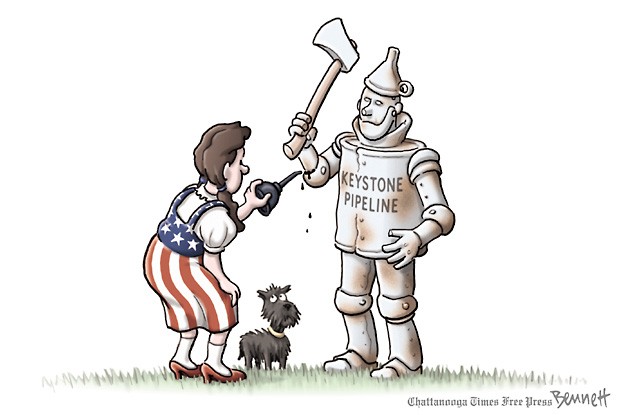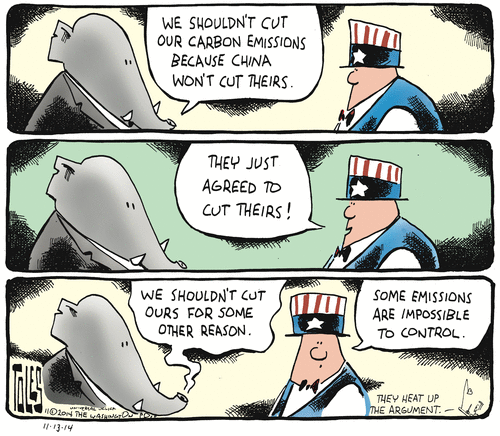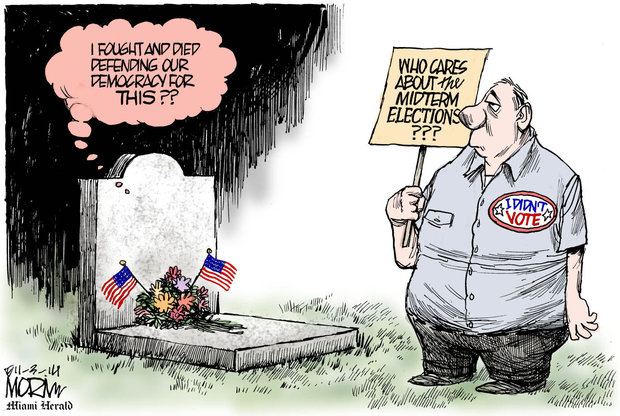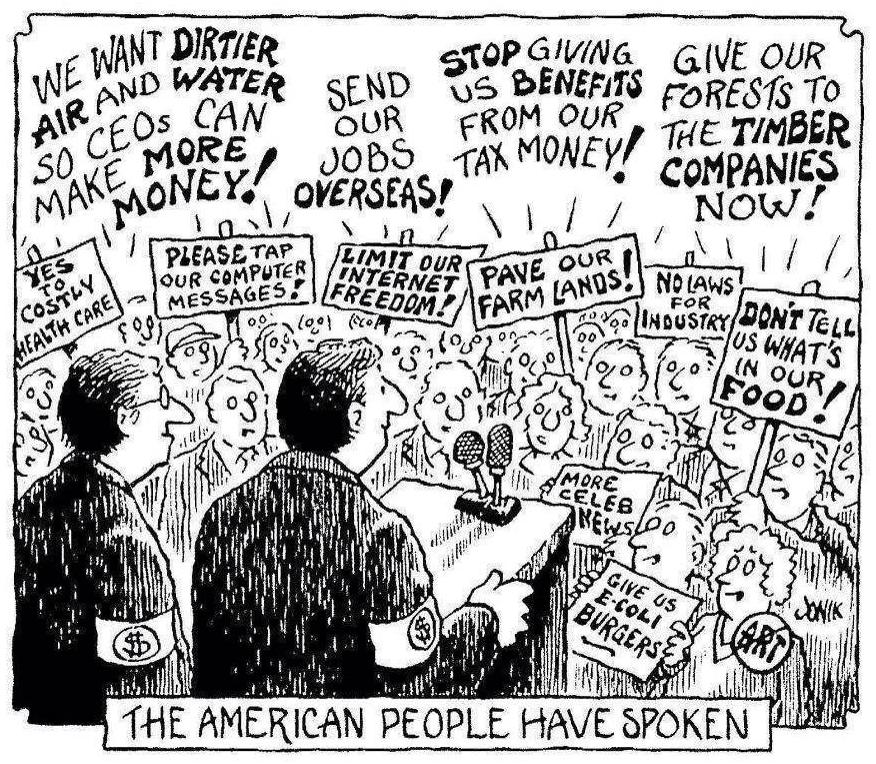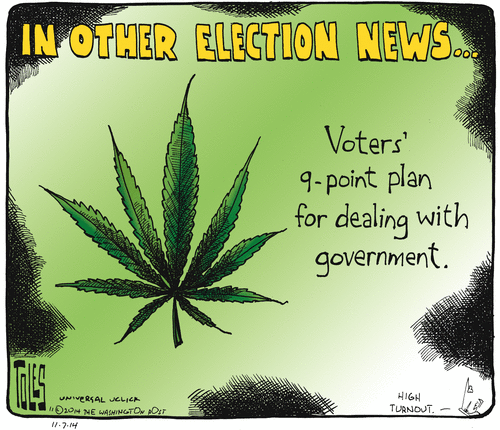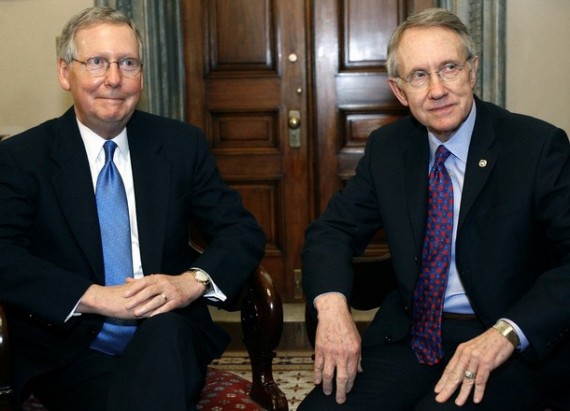Today’s Monday Wake Up is for the Democratic Party. Trevor LaFauci at The People’s View compared Democrats to a bad first date:
They’re like a bad first date: They know what they want to say, they know they have a lot going for them but when it comes time to talk about themselves they do it meekly and awkwardly, so much so that the other person just assumes this person doesn’t have a lot going for them.
What’s worse is the Democrats try hard not to suck at funds-raising. The Wrongologist’s in-box is crammed with pleas by Democrats for more money, even after the Tuesday That Shall Not Be Named disaster.
As Seth Godin says:
I Need You. Three magic words. They light up our brain, they grab our attention, and they initiate action. But they’re being corrupted by the ease of reach and the desire by some organizations to grow at all costs… Political fundraisers have turned this from an art to a science to an endless whine.
A loyal reader of the Wrongologist, David Price, replied to an email plea for more money from Debbie Wasserman Schultz, Chair of the Democratic National Committee, saying that more money wasn’t the answer for Democrats:
Running away from the progressive agenda may have seemed like smart politics, but it turned out to (1) make once attractive candidates look like phonies, (2) make our party seem apologetic for its accomplishments and ashamed of its ambitions, (3) demoralize those progressives who have traditionally identified the Democratic Party as the most effective vehicle for their hopes and (4) arguably have been bad politics after all, even in the shortest-run, most pragmatic, down-and-dirty sense.
More from Trevor LaFauci:
And so Democrats, the choice is yours: You can cater to the centrist, middle-of-the-road, kinda-sorta progressive voters in your party or you can go all in on issues that the American people actually care about…If you go middle of the road, know that you’re putting the millennial vote in play, especially for a generation that, for the most part, remains politically independent.
If Democrats can’t choose, then the 2016 presidential election is in play for anyone who appeals to independent voters. That could be how we end up with President Romney, or President Rand Paul.
It’s time for the Democratic Party to wake up. To help them, a song by the late Gary Moore, a great Irish guitarist and former member of Thin Lizzy who is barely known in the US. Here is “Still Got The Blues”:
As does the Democratic Party.
Your Monday morning linkage:
Oh, n-o-o-o-o-o-o! Satire Mag The Onion said to be for sale.
Electronic Health Records (EHRs) contain detailed data about patients’ encounters with the health system — data that it turns out has tremendous value for Big Pharma’s online marketing to doctors.
Ali Baba, the Chinese Internet Goliath, is changing the venture capital market in Silicon Valley.
Using a DOJ program called Equitable Sharing, state and local forfeiture restrictions are lifted when the DOJ gets a cut. The practice of seizing a person’s money or property without accusing them of a crime is called civil forfeiture. Some states have tough restrictions on what forfeiture proceeds can be used for, some are very liberal. Agencies enrolled in the Equitable Sharing program can petition a DOJ agency to “adopt” their seizure. In an adoptive seizure, they get to keep 80% of the profits to use for any purpose, while the DOJ takes the rest.
Certain older drugs, many of which are generic and not protected by patents or market exclusivity, are becoming extremely expensive.
A landmark study indicates that seven pesticides, some widely used, may be causing clinical depression in farmers. 84,000 farmers and spouses were interviewed since the mid-1990s to investigate the connection between pesticides and depression. Or, as the old song goes: Old McDonald had a farm, E-I-E-I-Oh Fuck It!
JAMA Forum: Hospital Consolidation Isn’t the Key to Lowering Costs and Raising Quality. Not what corporate health care wants to hear.
Afghan Police turn to growing opium as their $6-a-day salaries are unpaid. The delays are mounting even as the US spends more than $6 billion this year to pay for Afghanistan’s security and keep its government afloat.
The nonprofit group that stages New York’s Veterans Day Parade every November 11 siphons a LOT of money into the pockets of its founders. The NY Observer reports that it found many questionable expenses in large part because the founder of the United War Veterans Council (UWVC) , Bill White and other leaders of the UWVC have been spending significantly more on fundraising than parade expenses.
Now, get up, get your quad shot, and get going!



